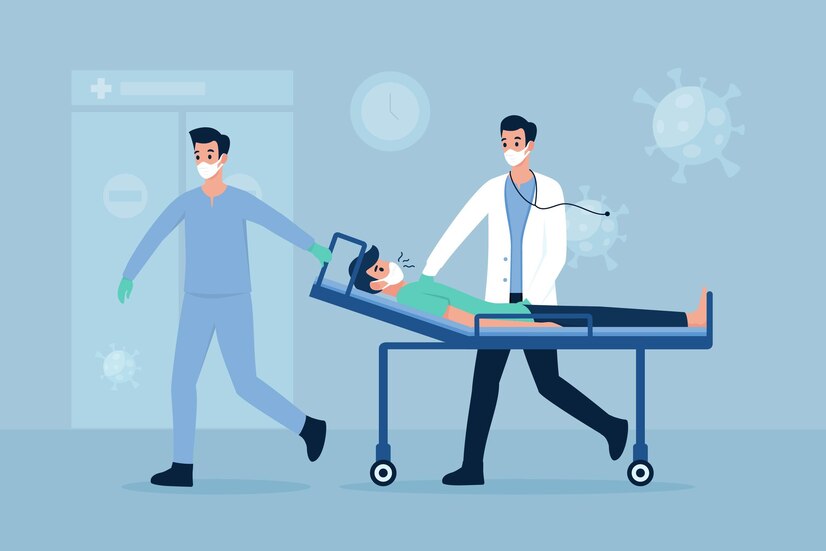Table of contents
As cannabidiol (CBD) products flood the market with claims of relieving everything from anxiety to chronic pain, more patients are asking: “Can I use CBD for a medical condition on my own?” While CBD’s potential benefits are promising, it’s crucial to remember that consulting your doctor before using CBD for a medical condition is not just wise—it’s essential for your safety and well‑being.
What Is CBD and Why Is It So Popular?

CBD is a natural compound extracted from hemp and cannabis plants. Unlike THC, CBD doesn’t produce a “high.” Instead, it interacts with the body’s endocannabinoid system, which helps regulate:
- Pain perception
- Mood and anxiety
- Sleep patterns
- Inflammation
- Immune response
Because of these effects, people with conditions ranging from epilepsy to arthritis are eager to explore CBD for a medical condition. But self‑medication without professional guidance can lead to ineffective treatment—or worse, adverse interactions.
Why You Must Talk to Your Doctor First

1. Avoid Harmful Drug Interactions
Many prescription drugs are metabolized by the same liver enzymes (CYP450) that process CBD. Combining CBD with medications like blood thinners, anti‑seizure drugs, or statins can alter drug levels in your system, leading to:
- Reduced efficacy of your medication
- Increased side effects or toxicity
Your doctor can adjust dosages or recommend safer alternatives.
2. Determine the Right Dosage
Unlike over‑the‑counter pills, CBD dosing requires personalization. Factors like your weight, metabolism, and the specific medical condition all influence the optimal dose. A physician can help:
- Calculate a safe starting dose
- Monitor response and side effects
- Titrate up or down to find the therapeutic window
3. Choose the Right Formulation
CBD comes in oils, capsules, edibles, topicals, and more. Different formulations have different absorption rates and bioavailability. Your doctor can advise which form is best for:
- Fast relief (sublingual oils)
- Targeted relief (topicals)
- Long‑lasting effects (capsules or edibles)
4. Ensure Quality and Purity
The CBD market is largely unregulated. Some products contain:
- Unlabeled THC
- Pesticides or heavy metals
- Inaccurate CBD concentrations
A healthcare provider can recommend reputable brands with third‑party testing to ensure you aren’t exposing yourself to harmful contaminants.
5. Rule Out Underlying Conditions
Symptoms like pain, insomnia, or anxiety may have multiple causes. What if your pain isn’t just inflammation, but an undiagnosed autoimmune disorder? Your doctor can:
- Perform necessary exams or labs
- Provide or adjust treatments
- Ensure CBD is an appropriate adjunct, not a replacement
How to Prepare for the Conversation
- List Your Symptoms and Current Medications
Bring a complete overview of prescriptions, supplements, and over‑the‑counter drugs you take. - Research Potential Benefits and Risks
Have specific questions ready about CBD for a medical condition you want to address—e.g., chronic back pain, epilepsy, or anxiety. - Discuss Your Health Goals
Be clear whether you seek pain relief, improved sleep, or reduced anxiety. This helps tailor a treatment plan. - Ask About Monitoring and Follow‑Up
Agree on how you’ll track progress, side effects, and lab work if needed.
Specific Medical Conditions and CBD
Chronic Pain
Studies indicate CBD may help reduce inflammation and pain signals. However, it should complement, not replace, physical therapy and other pain management strategies.
Epilepsy
FDA‑approved Epidiolex (a purified CBD medication) demonstrates the importance of clinical oversight, accurate dosing, and monitoring in seizure disorders.
Anxiety and Depression
CBD shows promise in helping some patients—but must be integrated with therapy and, if needed, antidepressants, under clinician guidance.
Sleep Disorders
Doctors can help determine whether CBD for insomnia is right for you, and ensure it doesn’t worsen conditions like sleep apnea.
Autoimmune Diseases
Given the complex immune modulation in conditions like MS or rheumatoid arthritis, physician supervision is critical before adding CBD.
FAQs About CBD for a Medical Condition
No. Always consult your doctor before making changes. Stopping medications abruptly can be dangerous.
Only one CBD product (Epidiolex) is FDA‑approved for epilepsy. Other uses remain largely unregulated, making physician oversight vital.
It varies by formulation and condition—some people notice anxiety relief in 30–60 minutes (sublingual), while chronic pain relief may take days or weeks of consistent dosing.
Common side effects include dry mouth, drowsiness, and changes in appetite. Serious effects occur mainly from drug interactions.
Safety data is extremely limited. Pregnant or nursing individuals should avoid CBD unless under strict medical supervision.





